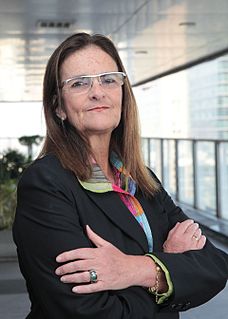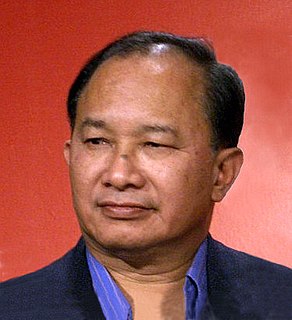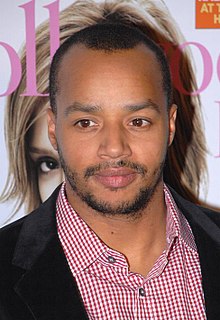A Quote by Jeremy Scott
When I was born, my family was so poor that there was no money to buy food. So the church bought groceries for us - there wasn't any kind of privilege.
Related Quotes
In my opinion, the greatest misconception about the market is the idea that if you buy and hold stocks for long periods of time, you'll always make money. Let me give you some specific examples. Anyone who bought the stock market at any time between the 1896 low and the 1932 low would have lost money. In other words, there's a 36 year period in which a buy-and-hold strategy would have lost money. As a more modern example, anyone who bought the market at any time between the 1962 low and the 1974 low would have lost money.
It isn't called TV money for nothing. There was a time where I paid my rent by doing theater for years, and I was able to buy groceries and pay my electric bill. I considered myself to be making a living as an actor. This kind of money that we make is a whole other level, of course. But it really is simply the cherry on top of a job and a role that I adore.
By using general consumption PPPs, the World Bank is, in effect, saying to the poor: "Sure, you cannot buy as much food as the dollar value we attribute to your income would buy in the United States. But then you can buy much more by way of services than you could buy with this PPP equivalent in the United States." But what consolation is this? The poor do not buy services - they are services, on their luckier days.
The Church will always be renewed when our attention shifts from ourselves to those who need our care. The blessing of Jesus always comes to us through the poor. The most remarkable experience of those who work with the poor is that, in the end, the poor give more than they receive. They give food to us.








































